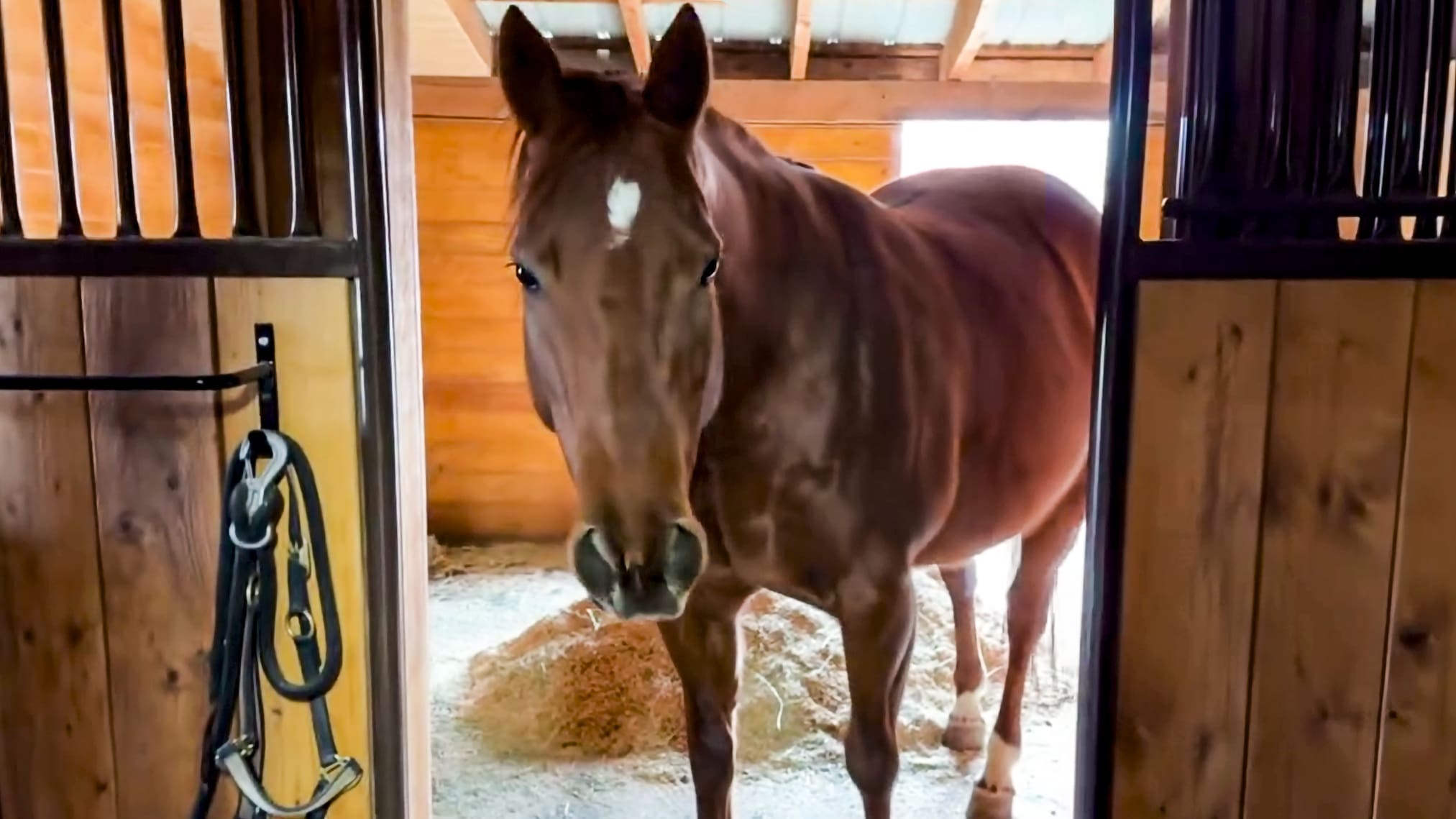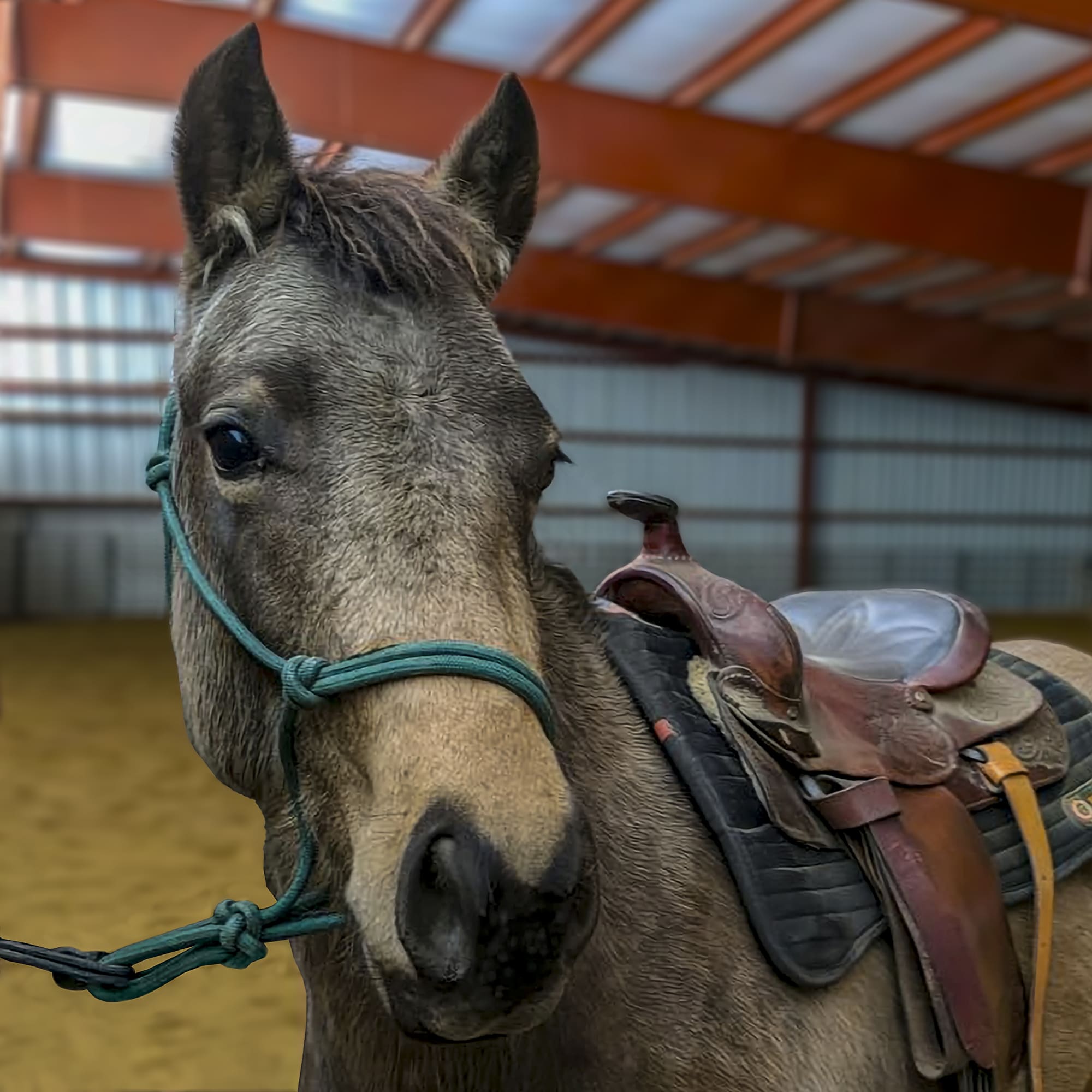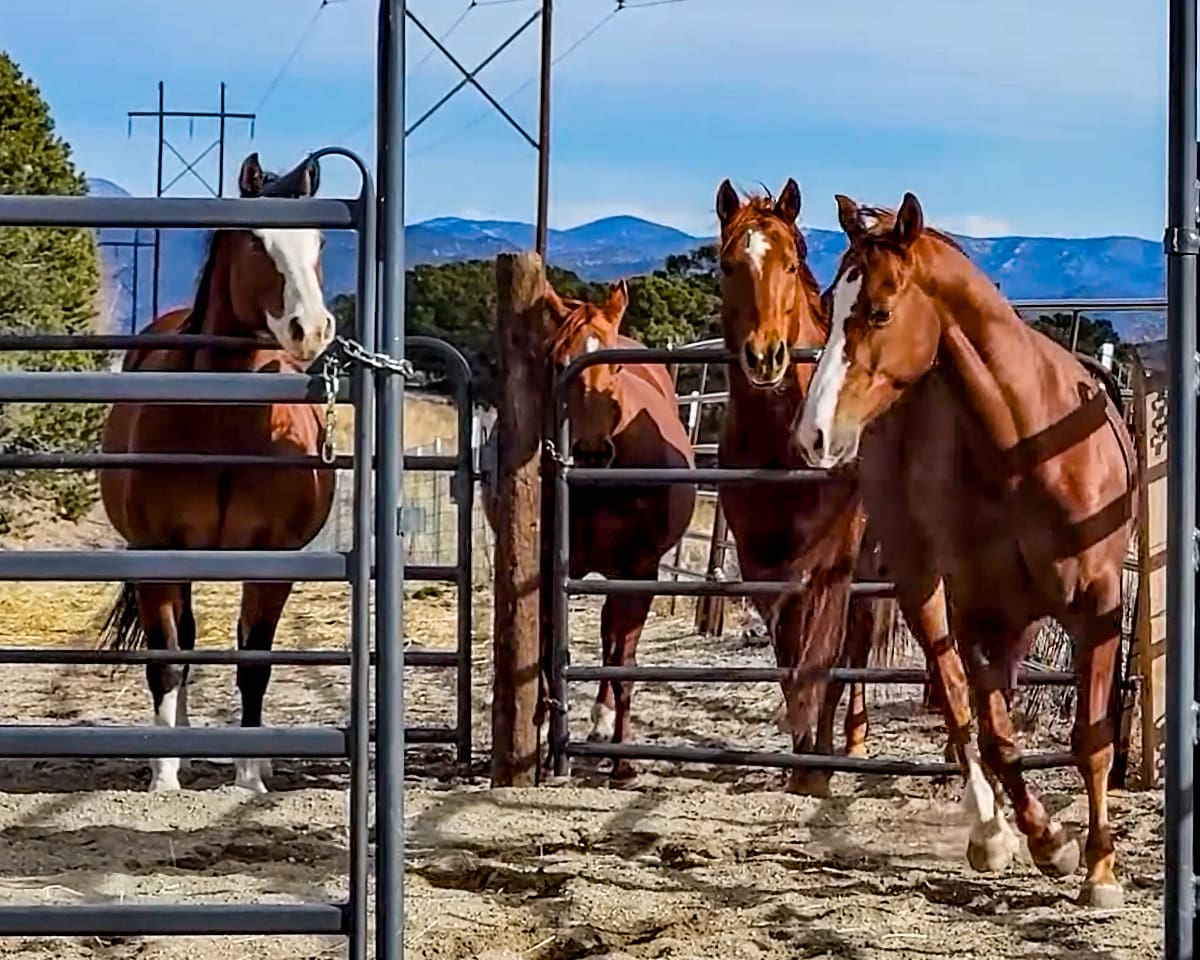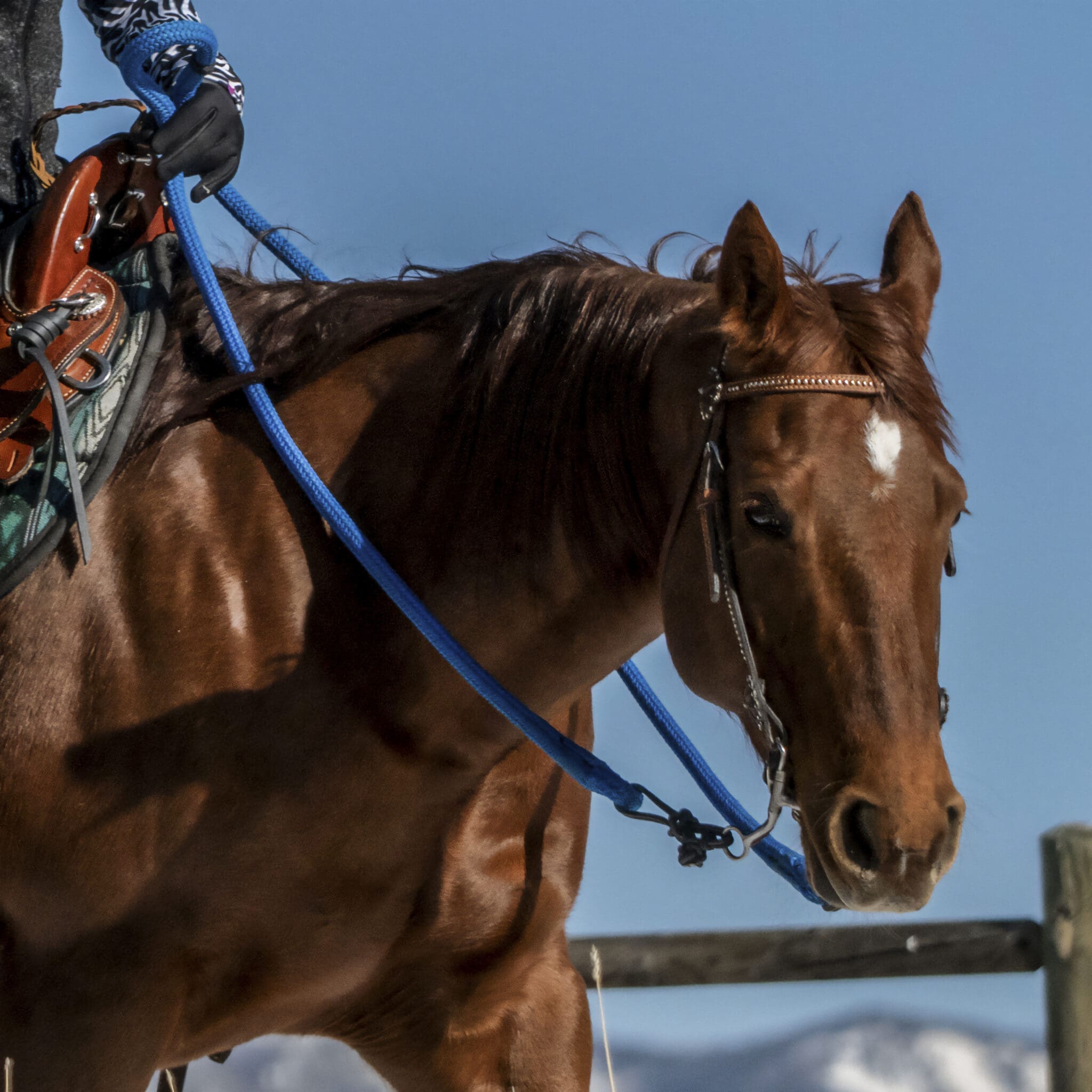Horse Shopping 101
I am getting an increasing number of inquiries from people looking for a new horse. So it is with no small amount of forethought that we did a Horse Master episode featuring a young woman looking to find her dream horse. She also happens to be a riding instructor and in that role she finds herself looking at horses for others as well—either a horse for a client or a school horse for the program where she is employed and the episode is about the horse buying process. (Tip: Visit http://www.horsemaster.juliegoodnight.com/ to see a clip of Shop ‘Til You Drop or http://shopping.juliegoodnight.com to purchase a DVD of the episode.)
I love shopping for horses—one significant reason behind the sale horse side of my business. I just love the hunt for a good horse and I love finding the perfect owner for that horse as well. In this case, the buyer is looking for an all-around horse that she can do just about anything on—trail, arena, pleasure—but she also has a hankering for cowhorse events. Whatever your desires, it is first and foremost important that you decide what your goals are because it is critical that the horse matches those goals, particularly when it comes to cowhorse disciplines. Not just any horse is suited for that.
Next, it is important that you spend some time thinking about how much money you can spend and that you have an appreciation for how much horse that will buy you (consider looking at a few horses above your limit so you have a realistic frame of reference). You should stretch your limits here as much as possible, keeping in mind the old axiom—the purchase price is the cheapest amount of money you will spend on your horse. You can always BUY training cheaper than you can put it on a horse, so don’t get sucked into the mistake so many people make in buying a young, green horse. His board, health maintenance, farrier, etc., will far exceed the purchase price in a short time so spend as much as you can up front to get the best trained horse you can (but only if the horse is worth it).
I wish I had a dollar for all the people I have met that made the mistake of buying a young, green horse. I’d be retired by now. Some survive this mistake and eventually end up with a decent horse; some don’t. You know the saying: green plus green equals black and blue. But even if you are not a novice rider and you have the capability to train a horse, do you really want to spend your precious time at that? Do you really want months and even years to elapse before you can attain your goals? Or do you want to begin enjoying your horse tomorrow at a level that you’ve dreamed of? I wonder how many of you have bought a green horse and regretted it and how many of you have had success with that youngster?
Currently we are in a buyer’s market, thanks to the recession and the glut of unwanted horses. While the economy has not greatly affected the high-end horse market, it has impacted the mid and low range horse market. The horse you would have paid $10,000 for a few years ago, you may now get for $7500—so it’s a great time to parlay your money into more horse, no matter what price range you are in.
In the end, you should spend your money on training and temperament. Conformation follows closely as a must-have because it has a bearing on performance, soundness and longevity. For my sales program, I rarely look at a horse under 10 years old to buy. I try to find those “cream puff” horses that are safe, solid and fun to own and ride. To have the experience, training and seasoning they need to be a solid, “bomb proof” kind of horse, they need some age on them. No matter how well trained that 4 year old is, he cannot have the life-experience he needs to be a sure bet. It’s amazing how quickly training can be un-done in a young horse, or any horse for that matter. I get emails on a daily basis from someone who bought a horse that seemed very well trained when they looked at it (or they took the word of the seller that he was well trained) and a month later the horse has major problems. Have you had this experience? I cannot always fault the seller because any horse can become untrained quickly with mishandling—here’s where temperament comes in.
Depending on your goals and pursuits, breeding (pedigree and type) can also be a big factor. If your ultimate goal includes endurance racing in the Tevis Cup, you’d be well advised to stay away from draft horses. The more specific and more demanding your riding goals, the more important breeding and training is. The frustration of an unsuitable horse and/or a poorly trained horse trying to do something he’s not ready for or capable of is real for both horse and rider. We do horses a huge disservice trying to make them into something they are incapable of or asking more of them than their training allows.
If you are currently in the market for a new equine partner, where are you looking? Where have you found the greatest success? Word of mouth? Classified ads? Internet? Trainers? Has it been frustrating and impossible or easy and successful? How many near-perfect horses flunked the pre-purchase vet exam before you found the right horse? Was the horse you bought everything you thought he’d be or did you find holes in him after you got to know him? It is certainly not an exact science and to some extent, being in the right place at the right time is priceless, when it comes to finding the perfect horse. The best horses don’t stay on the market for long. But the more you know, the easier the buying process is to navigate.
If you’re in the market for a new horse this spring—good luck! And there’s even more advice on my new Buyer’s Guide. Search for “buyers” on the search page.
Until next time,
–Julie Goodnight




No comment yet, add your voice below!